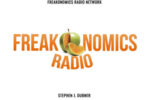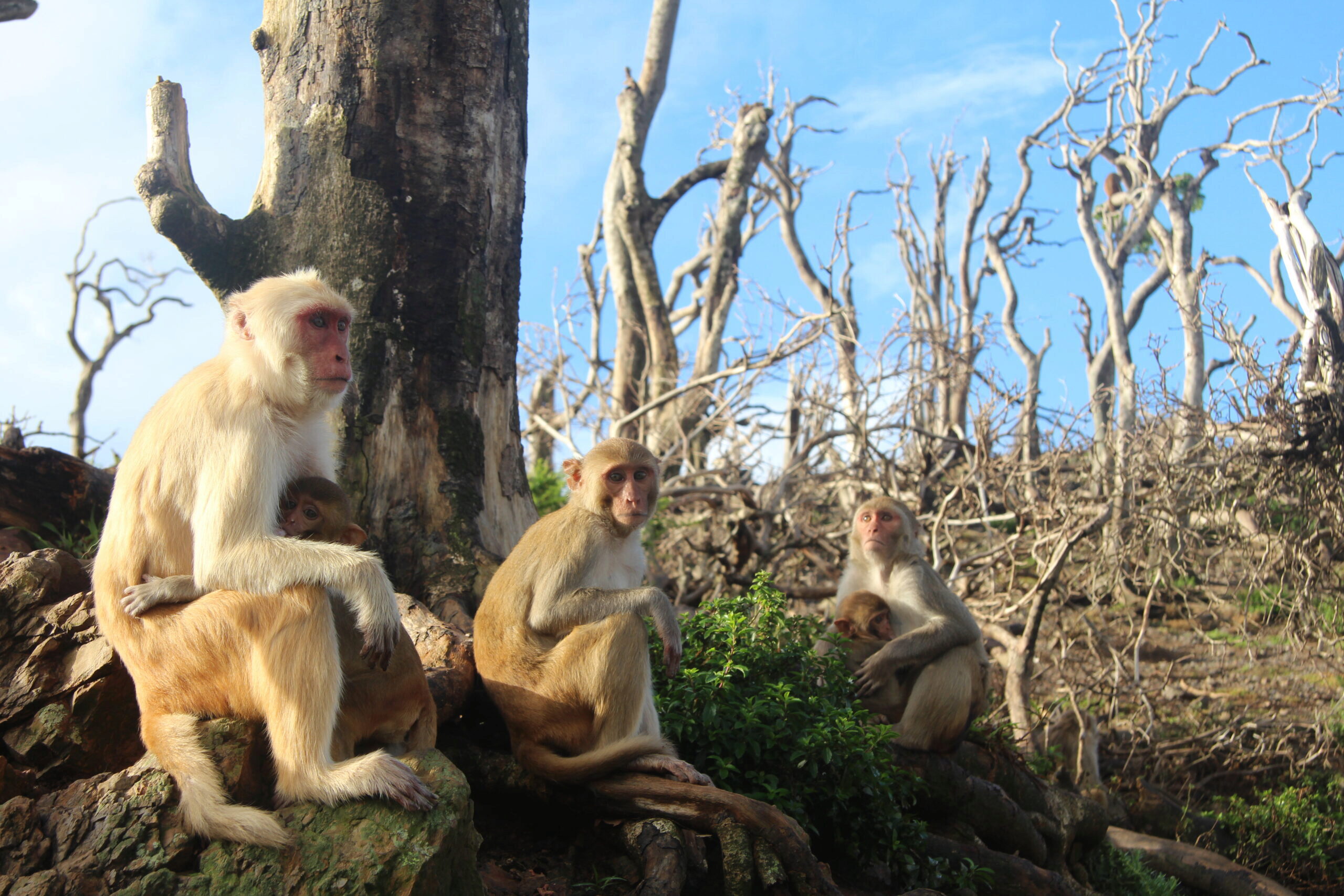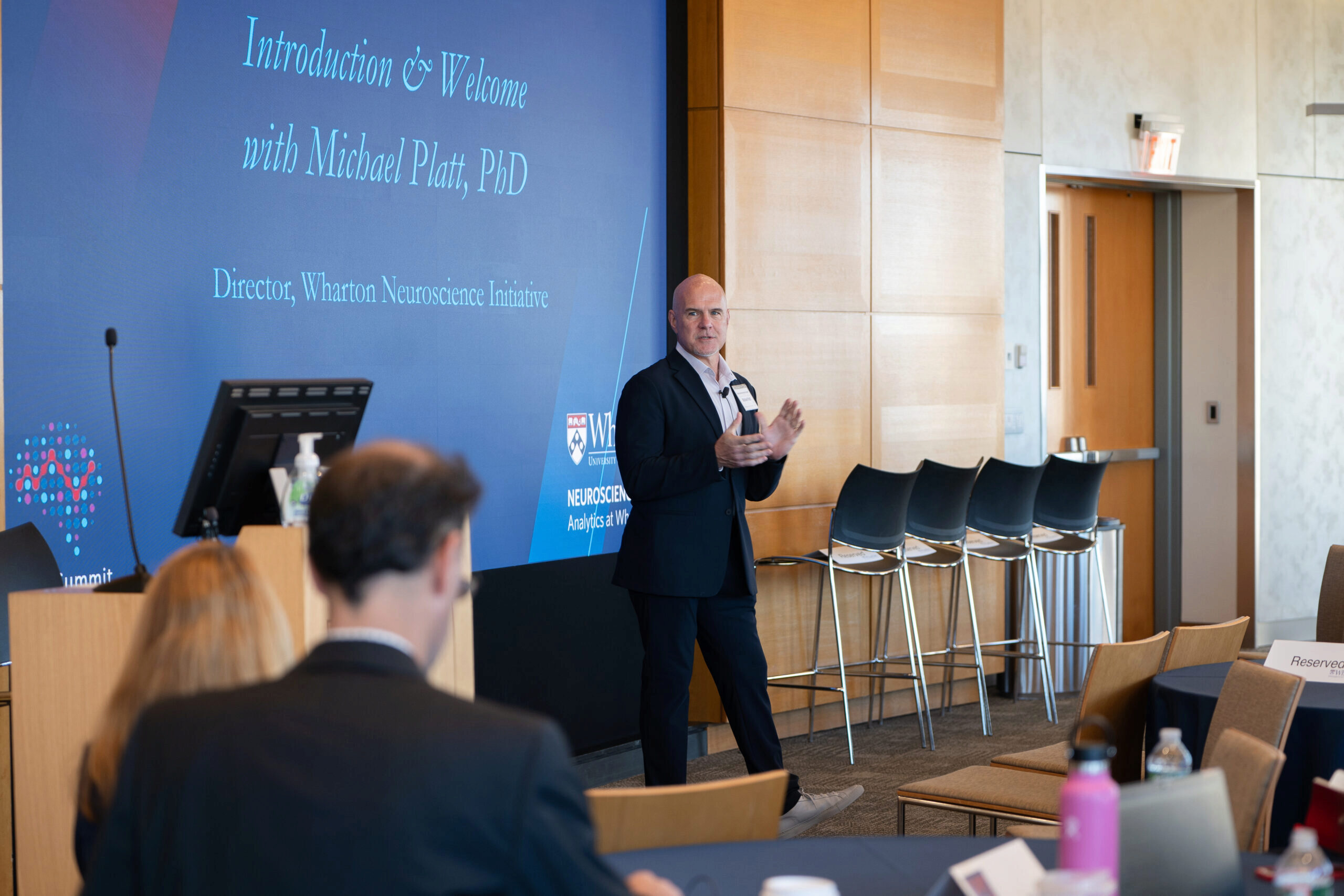
The episode of Freakonomics Radio examines the potential risks and rewards of celebrity endorsements, focusing on the scandal involving Jared Fogle and Subway, and analyzes whether such endorsements significantly impact consumer behavior. Despite Fogle’s arrest for repugnant crimes, Subway sales showed no significant decline, questioning the actual influence of celebrity endorsements on brand success as opposed to conventional beliefs held by marketing departments.…Read More










